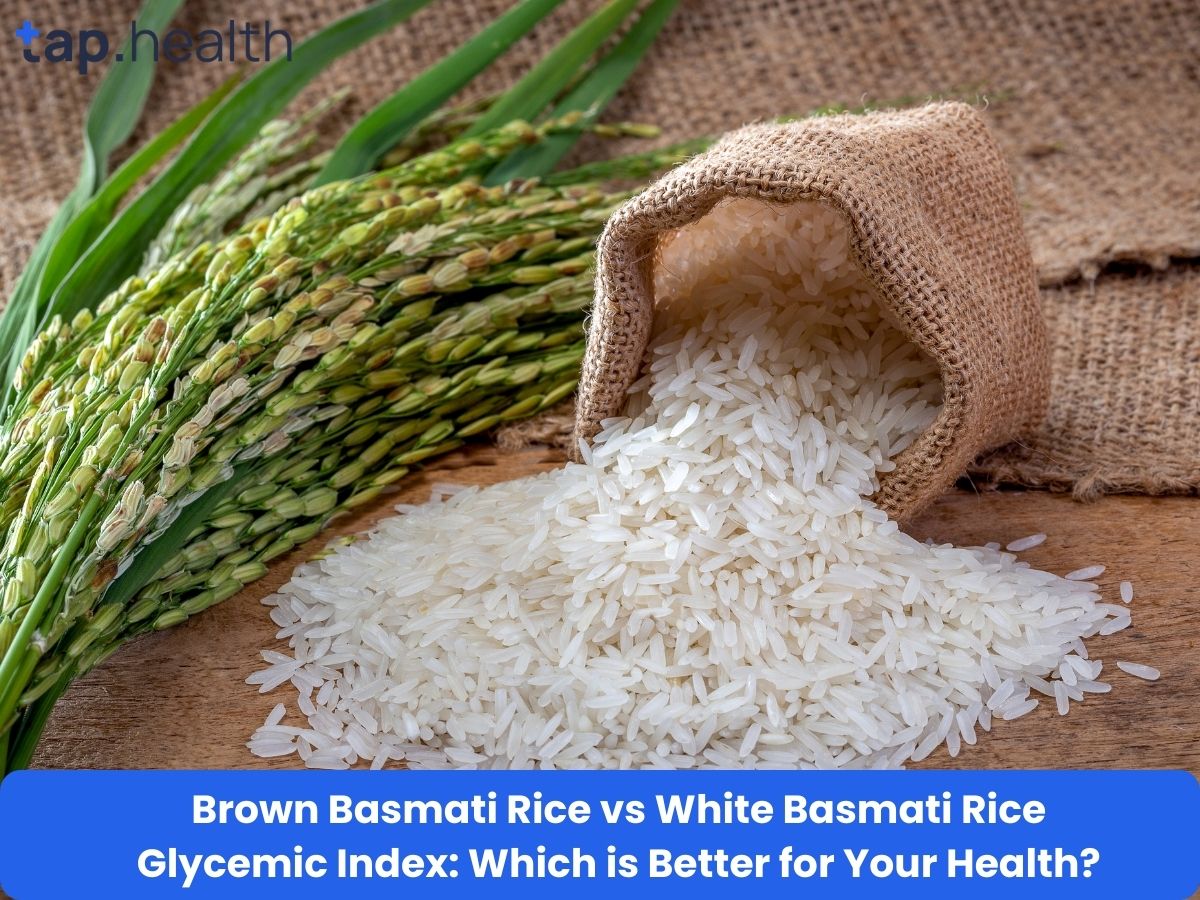Ulcerative colitis (UC) is a chronic inflammatory bowel disease (IBD) that affects the colon and rectum. One of the most troubling symptoms of UC is rectal bleeding, which can be both alarming and uncomfortable. If you’re dealing with ulcerative colitis and wondering how to stop the bleeding, you’re not alone. Many individuals with UC face this issue, but the good news is that there are strategies and treatments that can help manage it. In this post, we’ll explore practical steps, expert insights, and research-backed recommendations to guide you toward relief.
What is Ulcerative Colitis?
Ulcerative colitis is an autoimmune condition that causes the lining of the colon and rectum to become inflamed. This inflammation can lead to the formation of ulcers, which can cause bleeding, pain, and discomfort. UC typically manifests in flare-ups, where symptoms worsen, followed by periods of remission, where symptoms subside.
Understanding the Causes of Bleeding in Ulcerative Colitis
Bleeding in ulcerative colitis occurs when the inflammation in the colon causes the delicate tissue lining to break down, leading to the formation of ulcers. These ulcers are prone to bleeding, especially when the colon muscles contract during bowel movements. While bleeding is a common symptom, it’s important to understand that the severity of the bleeding can vary from person to person.
How to Stop Ulcerative Colitis Bleeding: Proven Strategies
If you’re struggling with bleeding due to ulcerative colitis, here are a few ways to manage and reduce the bleeding:
1. Consult a Doctor for Proper Diagnosis and Treatment
The first step in managing ulcerative colitis bleeding is to consult with a healthcare professional, preferably a gastroenterologist. They will evaluate your symptoms, perform necessary tests, and recommend an appropriate treatment plan.
According to Dr. Anjali Sharma, a renowned gastroenterologist based in Delhi, “Every UC patient is unique, and treatment should be personalized. Some may benefit from medication alone, while others may need more invasive treatments.” [source: Dr. Sharma’s clinic]
2. Medications to Control Inflammation and Stop Bleeding
Medications are often the first line of defense in treating UC bleeding. These include:
- Aminosalicylates (5-ASA): These anti-inflammatory drugs are often prescribed to reduce inflammation in the colon. Common medications in this category include mesalamine and sulfasalazine.
- Corticosteroids: If your symptoms are severe, corticosteroids like prednisone may be prescribed to reduce inflammation rapidly. However, they are typically used short-term due to side effects.
- Immunosuppressants: Drugs like azathioprine and mercaptopurine suppress the immune system, helping to reduce inflammation and bleeding.
- Biologic Therapies: Biologic drugs, such as infliximab and adalimumab, target specific parts of the immune system that cause inflammation in UC patients.
These medications can be effective in controlling bleeding by reducing inflammation and promoting healing in the colon.
3. Dietary Adjustments for Managing Ulcerative Colitis Bleeding
What you eat can significantly impact the severity of ulcerative colitis symptoms, including bleeding. A diet that minimizes inflammation and promotes healing can help manage symptoms and prevent flare-ups.
- Low-residue diet: This diet reduces fiber intake and can help minimize irritation in the colon. It includes white bread, cooked vegetables without skins, and well-cooked meats.
- Avoid trigger foods: Common triggers for UC flare-ups include spicy foods, dairy, alcohol, and caffeine. Try eliminating these from your diet to see if they help reduce bleeding.
- Probiotics: Research suggests that probiotics may help balance gut bacteria, potentially reducing inflammation. Probiotic-rich foods include yogurt, kefir, and fermented vegetables.
4. Hydration is Key
Dehydration can worsen symptoms of UC, including bleeding. Drinking plenty of fluids helps keep your digestive system functioning properly and can reduce the likelihood of constipation and further irritation in the colon.
5. Stress Management and Mental Health
Stress does not directly cause ulcerative colitis, but it can trigger flare-ups and make symptoms worse. Managing stress through relaxation techniques, such as yoga, meditation, or deep-breathing exercises, can help improve your overall well-being and reduce the severity of UC bleeding.
6. Surgical Intervention for Severe Cases
In extreme cases, when bleeding is severe and uncontrollable, surgery may be necessary. A procedure known as a colectomy, which involves the removal of the colon, can provide relief from symptoms. However, this is usually considered a last resort when other treatments have failed.
Also read this –
Real-Life Scenario: Managing Bleeding from Ulcerative Colitis in India
Let’s take the case of Amit, a 34-year-old man from Mumbai who has been battling ulcerative colitis for five years. Amit had frequent flare-ups that caused significant rectal bleeding. After consulting his doctor, he started a treatment plan that included mesalamine tablets, dietary changes, and stress reduction techniques. Amit also cut out dairy and spicy foods, opting for a low-residue diet. Over time, his bleeding significantly decreased, and his symptoms became more manageable.
Amit’s case highlights the importance of personalized treatment and lifestyle adjustments. If you’re struggling with UC bleeding, your experience may differ, but working closely with a healthcare professional is key to finding the right combination of treatments.
Expert Contributions: Insights on UC and Bleeding
Dr. Rajesh Verma, a gastroenterologist based in Pune, notes, “Ulcerative colitis can be a frustrating condition, but with the right medication, diet, and lifestyle adjustments, most patients can manage bleeding effectively. The focus should be on reducing inflammation and promoting healing in the colon.”
Dr. Verma suggests that patients consider adding fiber-rich foods gradually once their symptoms are under control, as fiber can help with bowel regularity and prevent constipation, which might otherwise worsen bleeding.
Recommendations Grounded in Proven Research and Facts
According to research published in the Indian Journal of Gastroenterology, controlling inflammation is the primary goal in treating ulcerative colitis bleeding. A study conducted in 2021 showed that patients who adhered to a strict medication regimen and dietary restrictions saw a significant reduction in symptoms, including bleeding. The study also emphasized the importance of probiotics and gut microbiome management in promoting healing.
Another study published in The Lancet found that biologic therapies such as infliximab were highly effective in treating moderate to severe cases of ulcerative colitis, especially when conventional therapies had failed. These findings reinforce the need for advanced treatments in managing bleeding in UC patients.
Factual and Reliable Information
It’s important to rely on credible sources when looking for information about ulcerative colitis and its treatment. Some trusted resources for further reading include:
FAQ Section
1. What are the main causes of bleeding in ulcerative colitis?
The primary cause of bleeding is the inflammation and ulceration of the colon lining. These ulcers can rupture and cause bleeding, especially during bowel movements.
2. Can ulcerative colitis bleeding be stopped completely?
While ulcerative colitis bleeding can often be controlled with medication, dietary adjustments, and stress management, complete cessation depends on the severity of the disease. Severe cases may require surgical intervention.
3. What foods should I avoid to reduce bleeding from ulcerative colitis?
It’s best to avoid foods that irritate the colon, such as spicy foods, alcohol, caffeine, and dairy. A low-residue diet may help reduce irritation and bleeding.
4. Can stress trigger bleeding in ulcerative colitis?
Yes, stress can exacerbate symptoms of ulcerative colitis and potentially trigger bleeding. Managing stress through techniques like yoga, meditation, and mindfulness can help improve symptoms.
5. When should I see a doctor about UC bleeding?
If you experience frequent or severe bleeding, or if you notice other symptoms like weight loss, fatigue, or fever, it’s important to see a doctor for evaluation and treatment.



